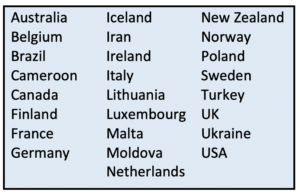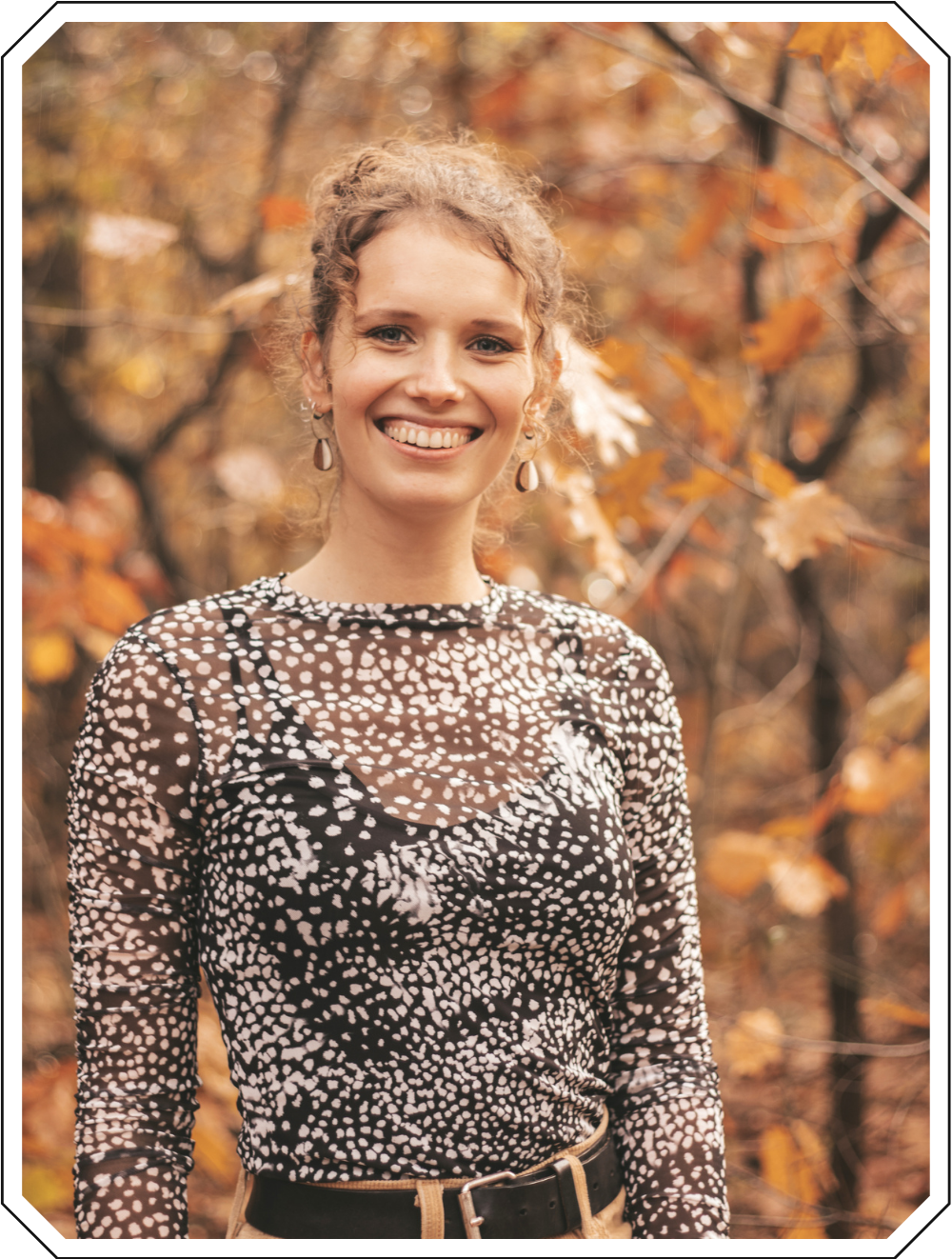By Daphne Hermsen
For many bi+ people globally, communities in which they feel safe and understood are nonexistent or hard to find. However, over time, growing local and international bi+ communities have started to emerge. You can see bi+ organizations and initiatives holding diverse events for Bi Visibility Day, celebrated annually on September 23rd. Some of these events even have an international line-up. Moreover, in the past couple of years a worldwide team of bi+ activists has been seated on the board of The International Gay & Lessbian Association World via their Bisexual Steering Committee, supporting ILGA World’s work. Although bi+ visibility is increasing on several international levels, opportunities to meet each other are limited. Online platforms offer possibilities for this. With the efforts of Robyn Ochs, Barbara Oud, and Bi+ Nederland, five international online meet-ups have been organized with bi+ people from all around the world. These meet-ups are a safe space for bi+ people from all walks of life to come together and share their stories and experiences, which is extremely important since their stories are often ignored or not taken seriously.
The invisibility of bi+ people’s experiences is very apparent in the lack of research, from local to international, about bi+ people. Over the past couple of decades, a growing body of research can be found about sexual and gender diversity, but unfortunately bi+ people are almost always underrepresented. So, I asked bi+ people from all around the world “What would you like to see in international bi+ research?” Responses came from 108 people from 25 countries. Even though Europe was the most represented with 73 responses, people from six different continents replied.

These responses give insight into what bi+ people find important, what they struggle with or what they are curious about. More than a third of the people noted that they would want to see biphobia, both in queer and in heteronormative spaces, addressed. Questions were raised, such as “What are the experiences of bi+ women and others who have connections to both the bi+ community and the lesbian community and yet who don’t feel completely welcome, understood, and/or comfortable in either community?” or “How universal are our experiences of biphobia?” were raised. Other pressing topics were personal experiences of bi+ people and the mental health of bi+ people, which can oftentimes be related to experiences of biphobia.
Regarding mental (and physical) health, bi+ people have concerns about the effects that loneliness or invisibility, biphobia and bi-erasure can have. Interesting questions were raised, such as: “Is loneliness something common among bi+ people, regarding the feeling of non-belonging to the LGBT+ community, and the rejection from both the hetero and queer worlds?”and “How does biphobia feed into the rates of violence and is this a common experience globally?” Even though these were the most common themes, other questions were proposed, from neurodiversity in bi+ people, to dealing with bi erasure, to fetishization of bi+ people. Many bi+ people were also curious about the struggles and experiences of bi+ people in seemingly ‘heterosexual relationships.’ For example “If you have a straight passing relationship, how is it different from an actual straight relationship?” Another interesting question regarding this was “What is the legitimacy, or lack of legitimacy, bi+ people engaged in a heterosexual relationship can feel about belonging to the LGBTQIA+ community, and how does it impact their vision of themselves, and their activism for LGBTQIA+ rights and visibility?” There are hundreds of stories still untold and unexplored. However, it gives me hope to see the international bi+ community growing, with more and more room for bi+ people to tell their stories and share their experiences. The answers of the 108 bi+ people worldwide have inspired me to write my master’s thesis about experiences with the monosexual norm and biphobia, and the impact that this has on bi+ people. My plan is to highlight experiences of bi+ people from different countries and explore the role that being part of a bi+ community can play on the impact of biphobia. With this research I hope to contribute to closing the research gap and shine a light on bi+ people and their experiences. Thank you to everyone for sharing their ideas, and I hope to present you my finished Master’s thesis this summer.
Daphne Hermsen (she/her) is a Dutch gender and diversity master student and an intern at Bi+ Nederland, the Dutch emancipation organization for bi+ people.

